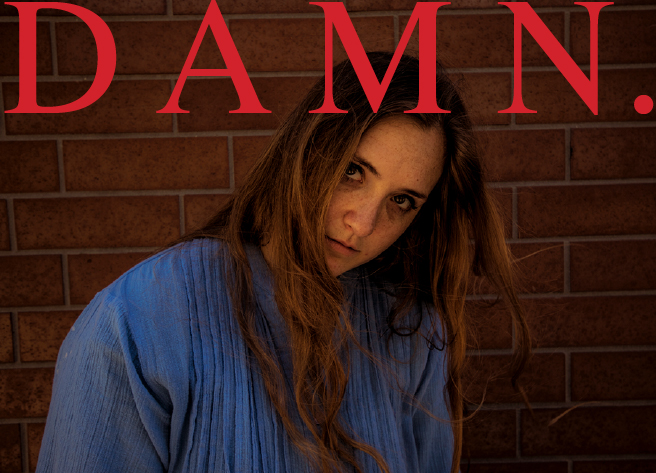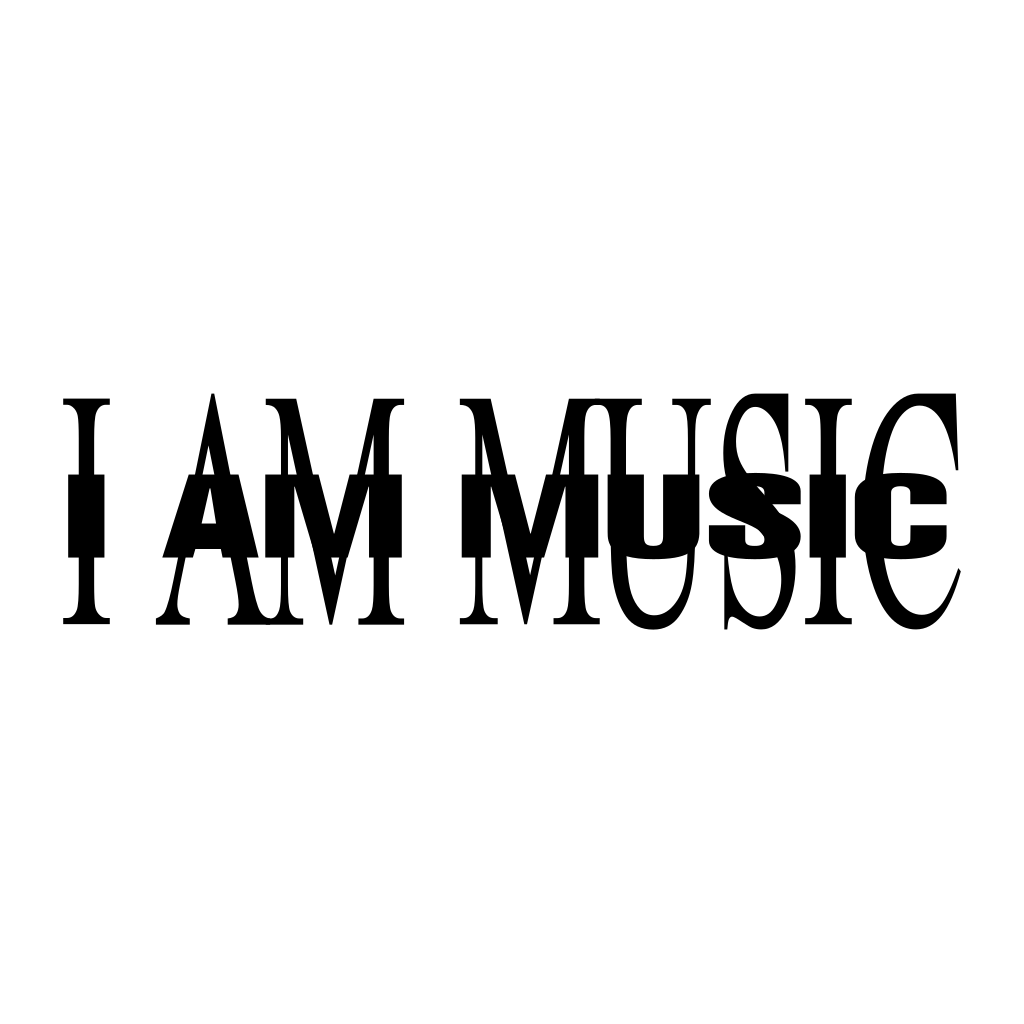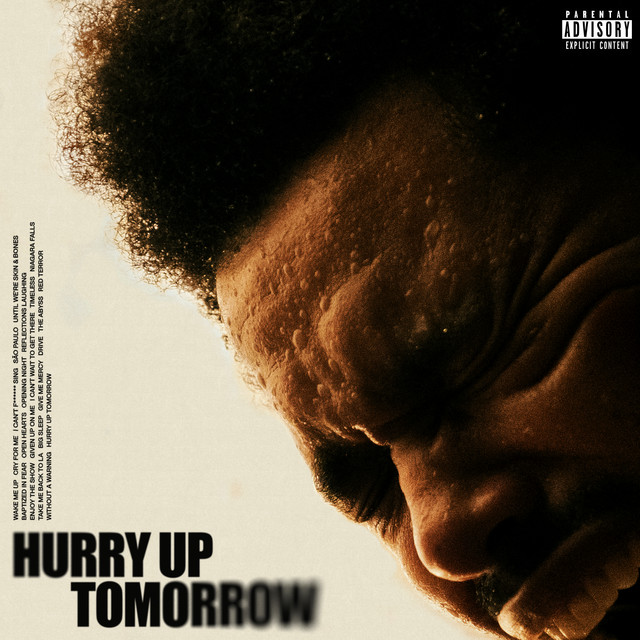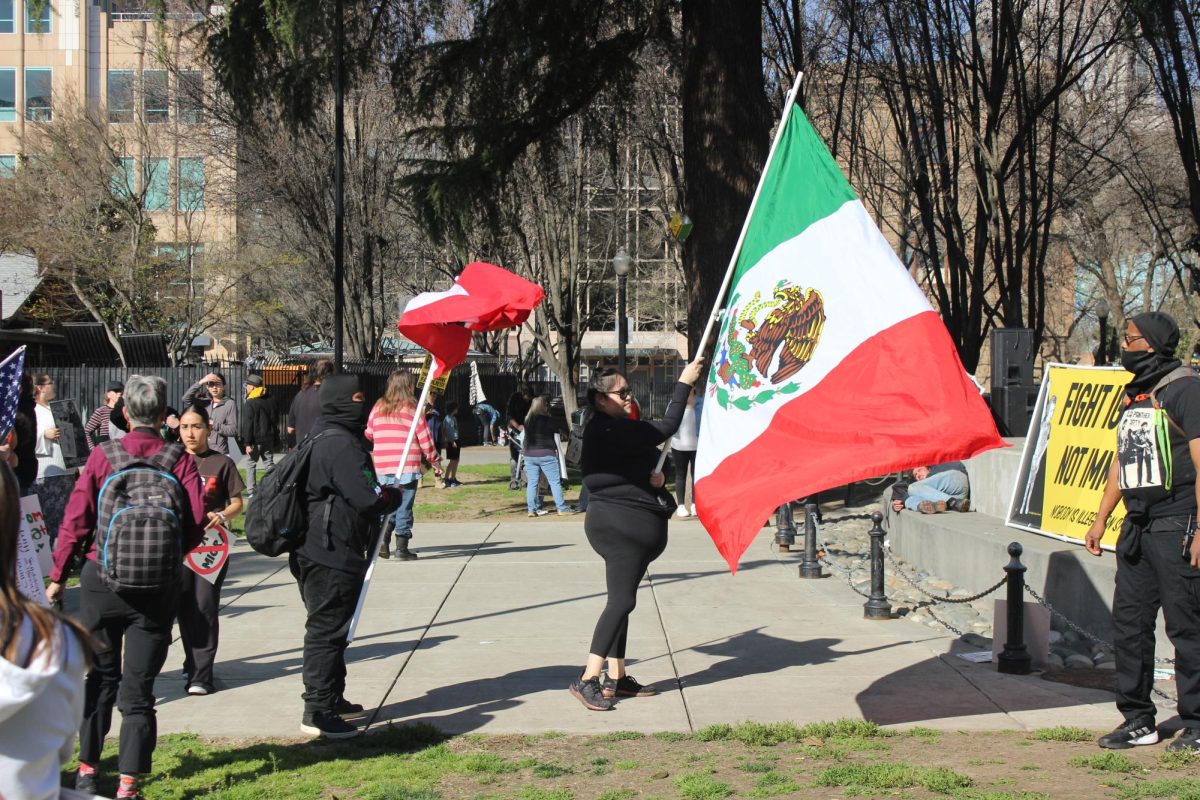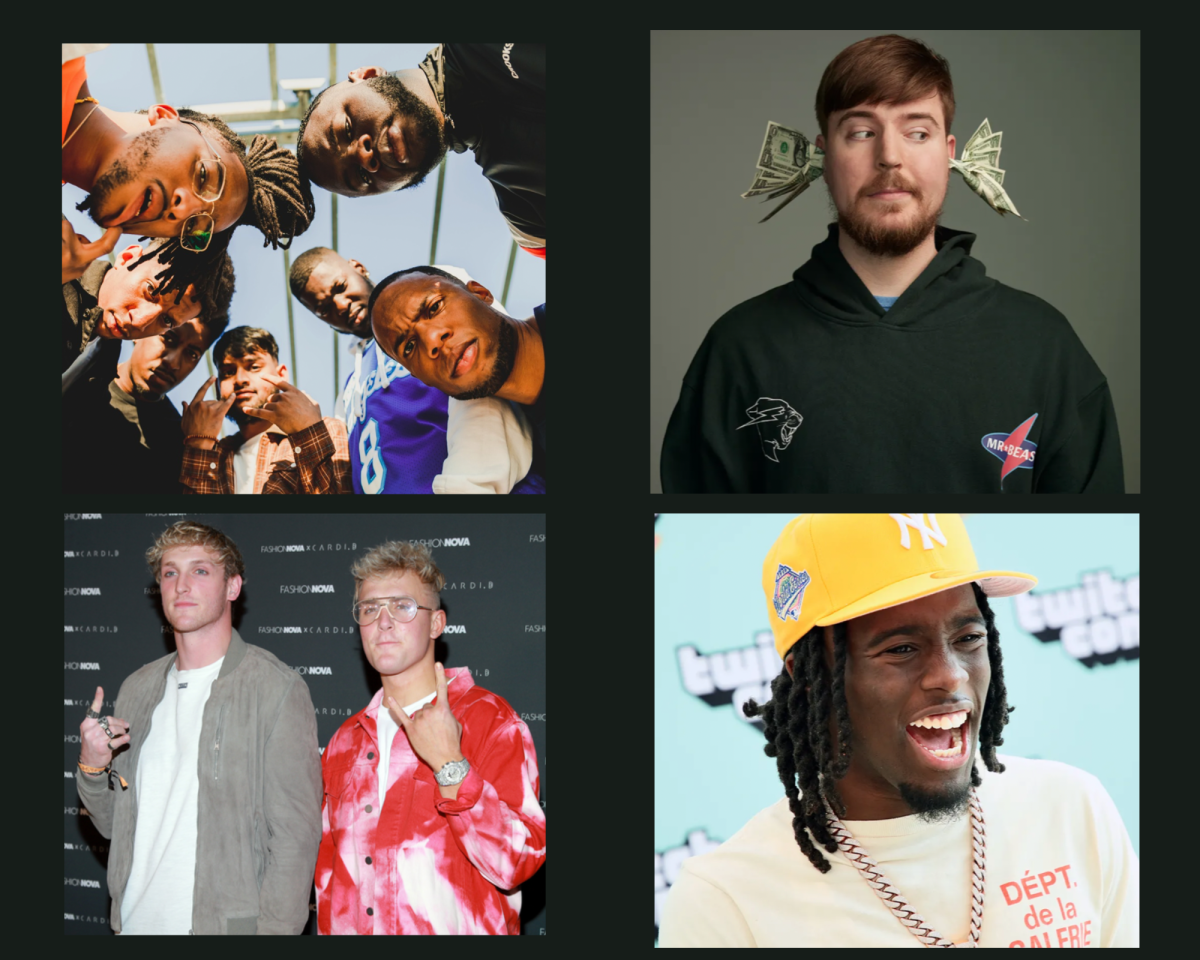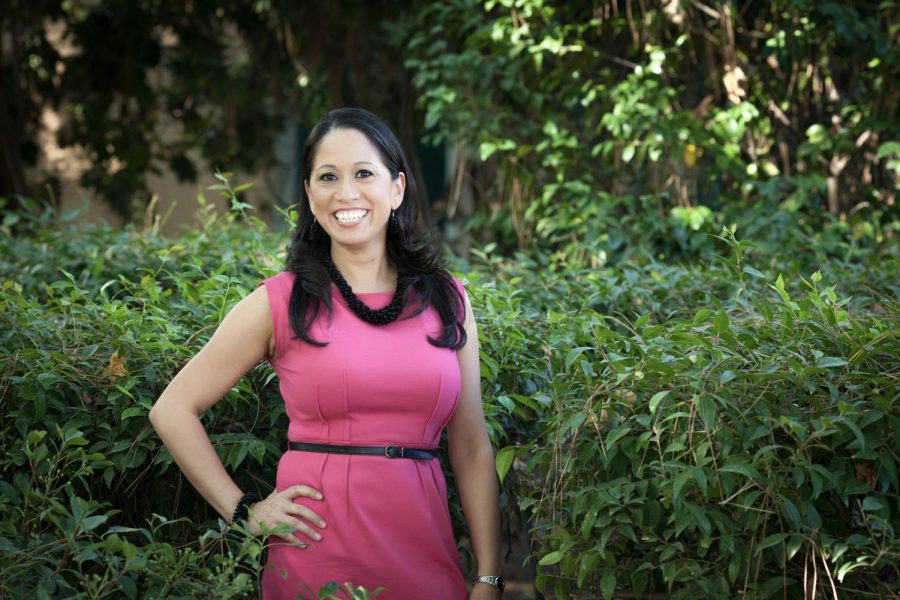Kendrick Lamar is depressed. A depressed musical genius.
“Damn.” is a master mixtape at best.
Unlike “Section.80, Good kid m.A.A.d city” and “To Pimp a Butterfly,” his new album is scattered and disoriented – it is a reflection of his inner darkness. Never before has Lamar thrown so much anger, confusion and hopelessness with lyrical left hooks and powerful poetic uppercuts.
In the past it has been concept albums with a narrative woven through. Section.80 left hip-hop heads to ruminate on raw verses such as “You know we crack babies cuz we born in the 80s,” and troubling ambitions “I used to wanna see the penitentiary way after elementary/ Thought it was cool to look the judge in the face when he sentenced me.”
This was a free entry into the then 24 -year- old’s mind, it offers insight into the politics, institutionalized oppression and nihilism that feels like “standing on the field full of landmines doing the moonwalk, hoping [he blows] up in time.”
Listeners are coerced to look Lamar’s bleak realities straight in the face.
“DNA.” is one of the most politically charged songs on “Damn.” instead of offering perspective it outright tells its music listeners that ‘King Kendrick’s’ fight to be a positive influence has been horribly misinterpreted by news outlets.
Fox News contributor Geraldo Rivera said “Lamar stated his views on police brutality with that line in the song, quote:
And we hate the popo, wanna kill us in the street fo’ sho’… Oh please, ugh, I don’t like it.
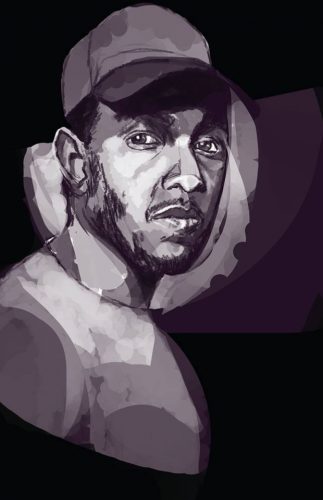
This is the outro on the first track “Blood.” that features two news anchors who take his lyrics completely out of context. Lamar doesn’t need to prove that he is the best in the rap game anymore, he is now up against the media.
Though, even more disturbing is in the bridge of “DNA.” “Rivera said “This is why I say that hip-hop has done more damage to young African-Americans than racism in recent years.”
It comes with no surprise to catch biblical allusions and references in Lamar’s music, but a red flag emerged on track five “Feel.” when he says “ ain’t nobody prayin’ for me.” His struggle with faith has become evident and at no point does he reach a resolve.
The repetition of, “ain’t nobody prayin’ for me,” in the intro, chorus and outro shows the exhaustion Lamar feels.
“Fear.” was one of, if not the most cathartic releases on “Damn.” The journey begins with a young boy being told by his ‘momma’ “I’ll whoop yo ass boy,” for innocent things even members from the Full House cast wouldn’t be scolded for.
Next, Lamar talks about all of the ways, “[he’ll] probably die,” I’ll prolly die tryna buy weed at the apartments, I’ll prolly die tryna diffuse two homies arguin’, I’ll prolly die ‘cause that’s what you do when you’re 17.”
The last verse talks about the fears Lamar experienced at his height of fame,“ When I was 27, I grew accustomed to more fear/ Accumulated 10 times over throughout the years.”
But the fears in his late twenties are concerned with newer and more complex reasons, “my biggest fear was bein’ judged/ How they look at me reflect on myself, my family, my city.”
It takes an even bleaker and more twisted turn at the end of the track.
In the outro there is a recording by Carl Duckworth in which he says“the so-called Blacks, Hispanics, and Native American Indians, are the true children of Israel.”
This seems like a very high price to pay because according to Duckworth, Lamar has “[chosen] to follow other gods that aren’t [God’s] son.”
Although with all of that said there are breaks from his inner turmoil.
On the track “Love.” a Drake-styled hook is sweetly repeated, “I wanna be with you, ayy.”
This isn’t a side of Lamar that is often seen. At first it’s a little cringe-worthy, it seems like such a far cry from the more introspective concepts Lamar has produced.
But after a few listens it becomes painfully vulnerable, (still a little cheesy.)
Sometimes simplicity and cliches are refreshing to hear. It has ‘played on the radio 40 times a day all over it,’ but it is honest and real.
Keeping with the honesty and realness throughout the album earns the rapper major kudos but it also causes problems.
Love, loyalty, lust and fear are huge ideas to tackle, maybe it was Lamar’s effort to lie it all out on the table but it isn’t one that’ll keep his fans up at night.
Change isn’t always bad and that’s one of the biggest takeaways from “Damn.”
Every artist, every person should have the freedom to explore themselves and express themselves.
In this case Lamar took “Damn.” as an opportunity to open up.
It was a risk that does not imitate his past works; it creates something entirely new.
His fame and influence offers hope that when you “feel like [you] can’t breathe,” you can use “Damn.” as motivation to express yourself and maybe even get the help you need.
If you’re not thoroughly convinced take it straight from the horse’s mouth.
In an interview with Zach Lowe for Beats 1 Radio, Kendrick said “Y’know it’s not easy telling your truth and things that you fear…
He added that “the music is not for me. It’s for somebody else that’s going through a f**ked-up day to listen to and progress in their lives.”


